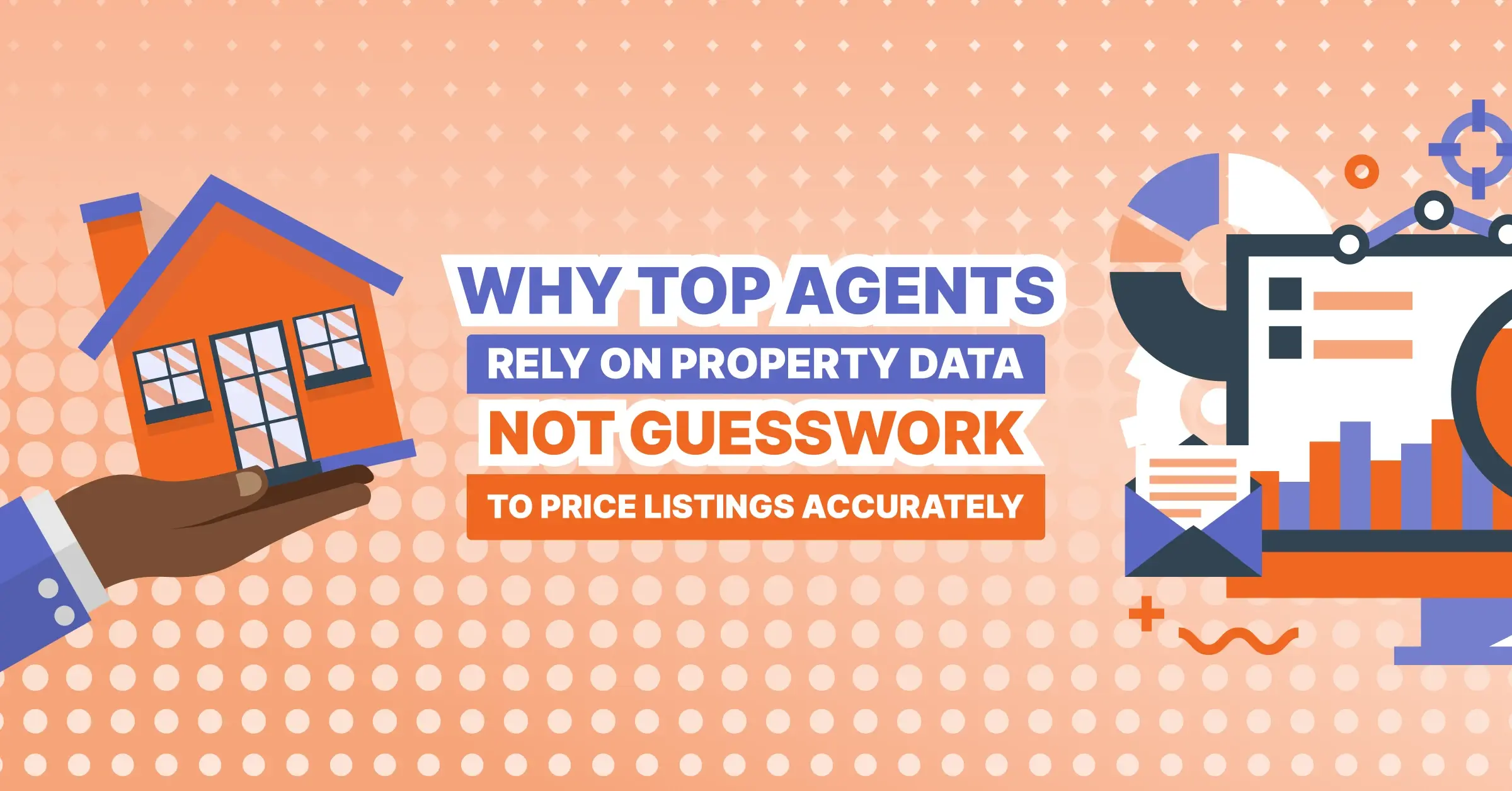| Key Takeaways: |
|
When it comes to pricing a home correctly, running accurate comps is the majority of the heavy lifting, making it one of the most essential skills a real estate agent should have. Whether you’re determining an asking price for a seller or helping a buyer avoid parting with too much of their hard-earned money, running comps can mean the difference between happy and frustrated clients.
In this article, you’ll learn why real estate comps are vital to your business—and how to find them like a pro.
Table of Contents |
What Are Real Estate Comps?
Real estate comps—short for “comparable sales”—are similar homes in a particular area that have sold recently. Creating a list of these properties and then analyzing them can show you how much a specific home may be worth in the current market.
When listing agents run comps, they usually choose the top three or four to compile in a comparative market analysis (CMA) chart. They then adjust the value of these comps’ various property characteristics to match their client’s home and determine an asking price.
Related: How to Determine the Asking Price for a Home: Listing Agents 101.
Why Do Agents Need to Pull Comps?
For listing agents, choosing an asking price that attracts as many buyers as possible without leaving money on the table is nearly impossible without running comps. After all, home values vary widely based on factors like:
- Property location
- Square footage, bedroom, and bathroom count
- Property type (e.g., townhome vs. single-family residence)
- Condition of house, land, and permanent fixtures (e.g., roofs or porches)
- Age of the home
- Market conditions
Comparing homes with similar characteristics can also help set client expectations. If you show them the data and research behind your recommended asking price, sellers may feel more confident in your expertise and advice.
Buyer agents, too, can benefit from running comps. Looking at similar properties can tell you if your client risks overpaying for a property, leading to difficulties getting lender approval later on.
How to Find Real Estate Comps: 5 Methods for Agents
%20(1).png?width=1252&height=834&name=COMPS%20(2)%20(1).png)
Identifying and analyzing comparable properties can take anywhere from 30 minutes to several hours, depending on the area you’re looking into and your research methods. Here are a few ways to approach this task:
1. Search the MLS
As a licensed agent, you can access your local multiple listing service (MLS) for a fee. You can use the MLS’ filters to find recently sold properties that meet specific criteria, such as property type, bedroom/bathroom count, square footage, and asking price.
This is one of the most common ways agents run comps. However, it can take time to sift through hundreds of listings to choose the best properties for your CMA.
2. Browse Online Listing Sites
Although generally considered less accurate and thorough than the MLS, some online listing sites also allow you to view recently sold properties and narrow your search based on the abovementioned criteria.
3. Pull Public Records
You can also find sales history, purchase dates, and property characteristics through public records. Depending on your county, you may be able to find this information online. However, some counties require you to visit their courthouse to get it.
In some cases, public data can be more reliable than the MLS since it contains all property sales, not just those that went through a real estate agent. That said, public records can take longer to update than the MLS or online listing sites, so you may not get the most recent information.
4. Canvass an Area in Person
If you’re a newer agent, you may want to consider viewing some of your comps in person. This will give you a more accurate view of a comp’s characteristics and condition so you can more accurately compare it to the main home in question.
5. The Easiest and Most Time-Efficient Method: Use PropStream
Instead of relying on any of the sources above alone, you can save time and find additional information by adding PropStream to your research toolbelt.
PropStream’s robust real estate database combines MLS and public record information so you can access the most reliable and up-to-date information possible. You can even set filters in your comparables search to obtain the most precise numbers.
Try PropStream for 7 Days Free!
Running comps on PropStream is as simple as clicking the “Comparables & Nearby Listings” tab. You can then narrow your search by adjusting the filters for distance, sale date, square footage, and more.
Although running comps can be a time-intensive task, especially if you’re a newer agent, it’s an essential part of running your business. Fortunately, figuring out the best sources to use can help you streamline the process, leading to more satisfied clients in the long run.
Subscribe to PropStream's Newsletter



